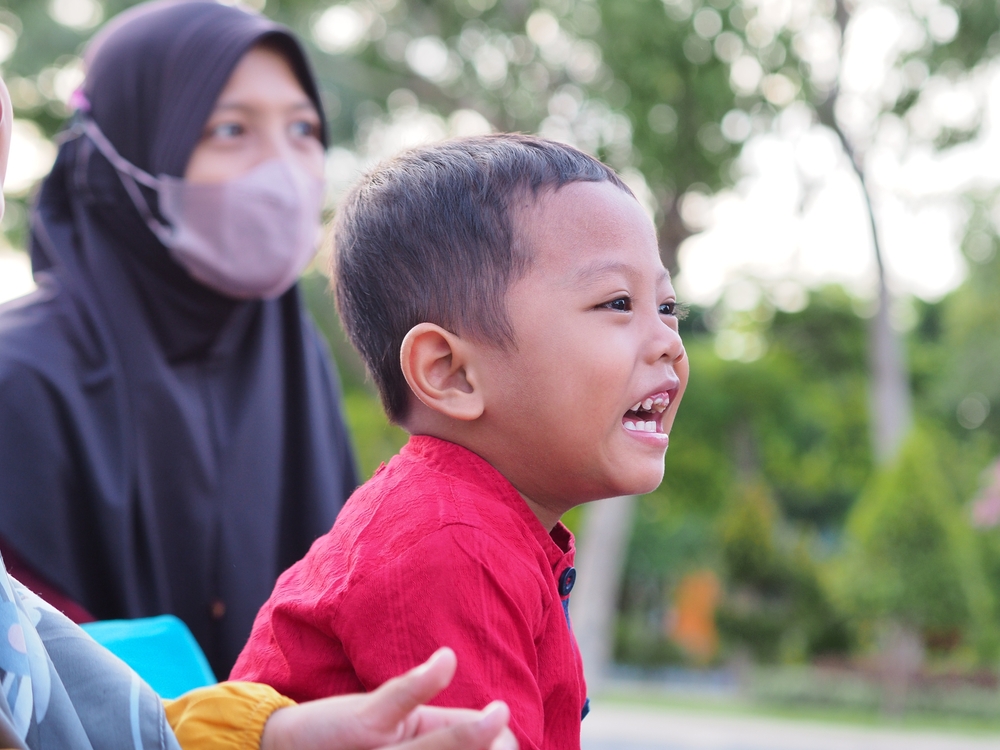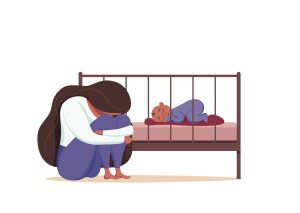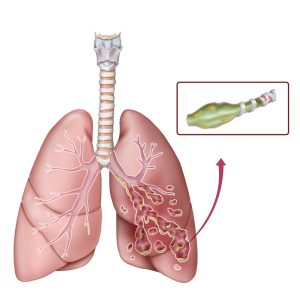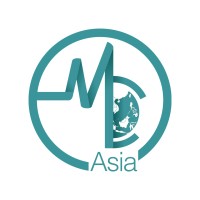Acute Kidney Injury (AKI) caused the death of almost 100 children in Indonesia, this year. The government has announced the ban on all liquid medicines and syrup, and over-the-counter sales following the investigation.
The ban was announced on 19 Oct 2022 as the Indonesian health authorities examined the unexplained increase since January of this year, in the number of children’s deaths due to Acute Kidney Injuries.
The increase in fatality in children in Indonesia was probed after the report of the death of 70 children in the Gambia. The reported deaths have possible links to contaminated cough and cold syrup by an Indian drug manufacturer. Links are also shown in paracetamol syrups for the treatment of fever. The paracetamol contained excessive levels of diethylene glycol and ethylene glycol, also pointing to four Indian manufacturers.
Indonesian officials from the Food and Drug Agency (FDA) stated that the products identified in the Gambia are not available locally. Ingredients that were present in those products have been banned from all child medicine and syrups sold across the country.
Indonesian Healthy Ministry’s Spokesperson Muhammad Syahril Mansyur stated that as of 19 Oct 2022, they have received 206 reported cases across 20 provinces. 99 out of these 206 reported cases are deceased. “As a precaution, the ministry has asked all health workers in health facilities not to prescribe liquid medicine or syrup temporarily,” he said.
The rise of cases in Indonesia began in Jan 2022 and significantly rose by Aug 2022. Most of these cases were children below the age of 18, mostly toddlers under five years old. The ministry of Indonesia has purchased specialist medicines for AKI while the investigation continues.
The government has also formed a team of experts to look into the spike in AKI among children. The team is comprised of Indonesian health authorities, paediatrics officials and representatives from the World Health Organization (WHO).













